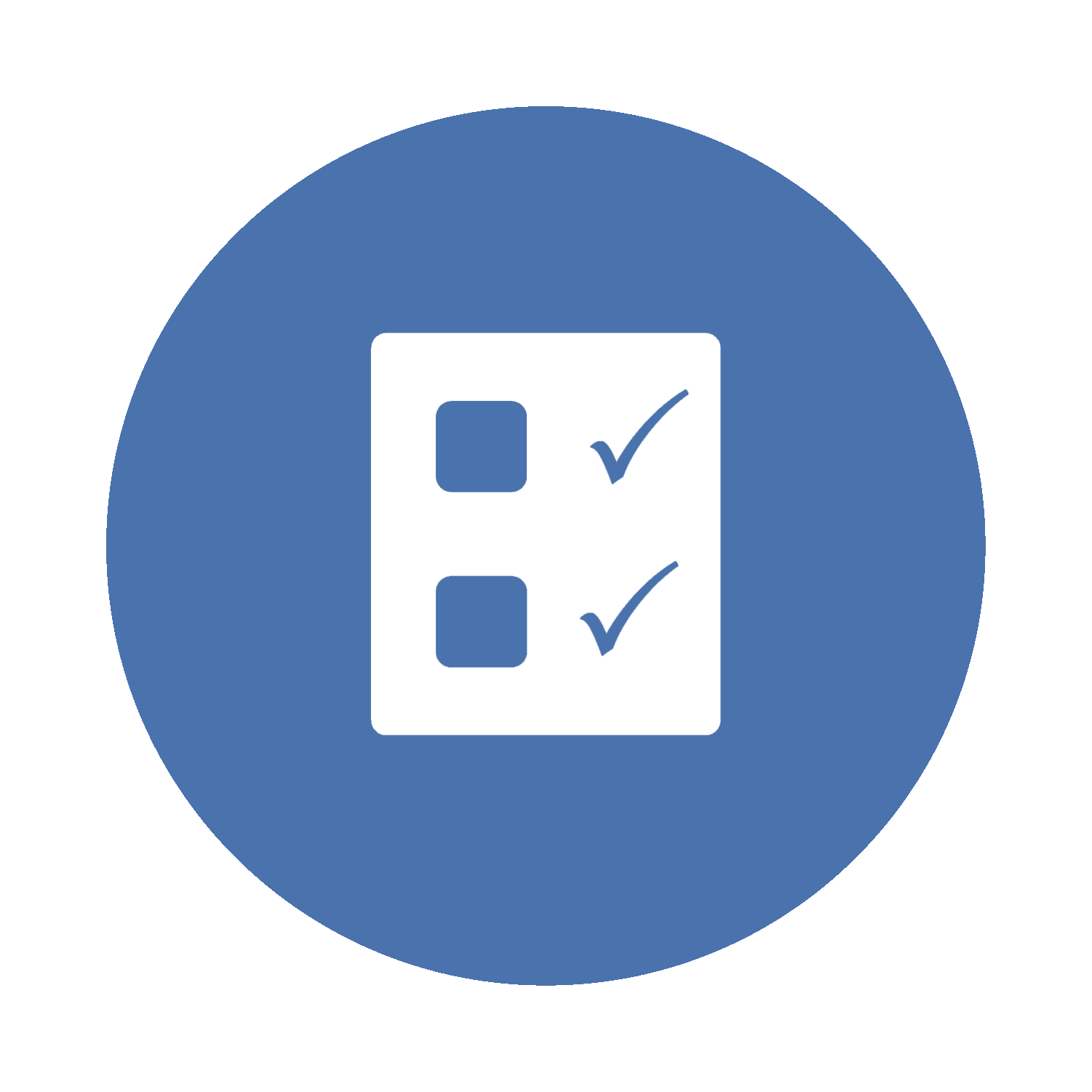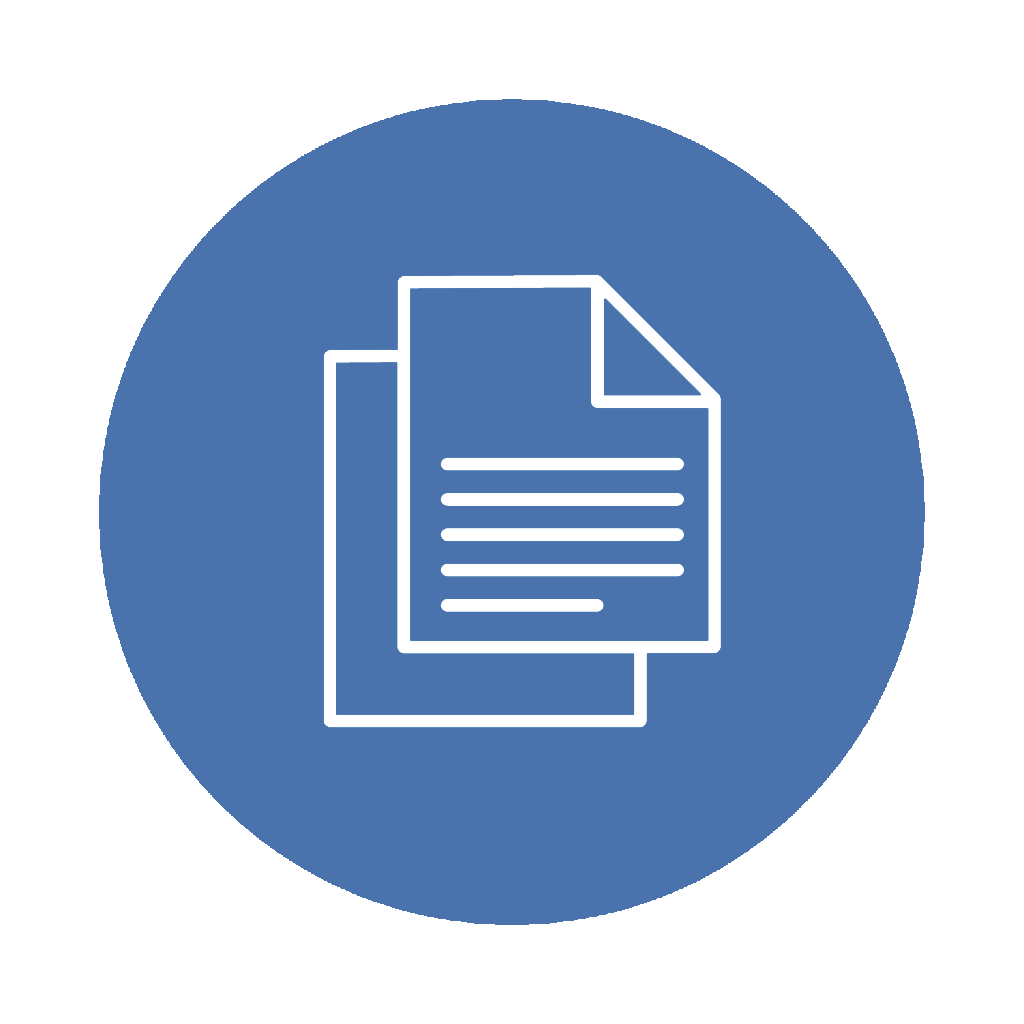02. IS Auditing Standards and Continuous Frameworks
02.02. IS Auditors’ Code of Ethical Principles

 Briefly reflect on the following before we begin:
Briefly reflect on the following before we begin:
- What is the relevance of a Code of Ethics for IS Auditing?
- What should be the key pillars of a Code of Ethics for IS Auditing?
- What are the potential implications of violating the Code of Ethics for IS Auditors?
For IS Auditors, ethical conduct is as crucial as technical proficiency. This section will focus on the IS Auditors’ Code of Ethical Principles, underscoring the Importance of ethics in this profession. We will start by reviewing the fundamental ethical principles, such as integrity, objectivity, confidentiality, and competency. We will consider the nature of complex scenarios auditors often face, where moral choices may need to be clear-cut. We will discuss how auditors navigate these challenges, balancing professional judgment with ethical considerations. This involves making decisions that comply with the law and align with the spirit of ethical conduct, ensuring the auditor’s actions uphold the profession’s integrity and public trust. Lastly, we will explore the consequences of ethical breaches. Violations can lead to significant professional repercussions, including loss of certification, reputational damage, and legal ramifications. Adhering to ethical standards helps avoid these consequences and facilitates a culture of trust and reliability in the auditing profession. It underlines that ethical conduct is integral to the credibility and effectiveness of the IS Auditing profession.
The Fundamental Principles of an IS Auditor’s Code of Ethics
The Code of Professional Ethics by ISACA (Information Systems Audit and Control Association) is the foundation of IS auditors’ ethical conduct.[1] These principles are guidelines and vital to maintaining the IS Auditing profession’s trust, integrity, and reputation. Some of the critical tenets of ISACA’s code of professional ethics are the following:
Objectivity
Objectivity requires IS Auditors to maintain an unbiased mindset and avoid conflicts of interest that could influence or appear to influence their judgment. It mandates that auditors do not accept anything that may impair or be presumed to impair their professional judgment. This principle ensures that audit conclusions are based solely on evidence collected and evaluated during the audit process, free from bias and external pressures.
Confidentiality
Auditors are privy to sensitive information during their work. The principle of confidentiality requires them to safeguard such information, using it only for legitimate business purposes. This means not abusing confidential information for personal gain or in a manner detrimental to the client or employer. It also involves adhering to applicable laws and regulations regarding data privacy and protection.
Competence
Competence is a foundational principle that underpins the effectiveness of IS Auditing. IS Auditors are expected to perform their duties with the necessary knowledge, skills, and experience. They should continually improve their abilities and keep abreast of IT and auditing standards developments. This includes undertaking relevant Training, certifications, and professional development activities to ensure they provide high-quality and effective audit services.
Professional Behavior
Professional behaviour encompasses conducting oneself consistently with the profession’s good reputation. This principle requires IS Auditors to comply with relevant laws and regulations and avoid any actions that might discredit the profession. It calls for respect towards clients, colleagues, and other stakeholders and understanding their work’s societal implications.
Integrity
The principle of integrity demands that IS Auditors exhibit the highest level of professional integrity in their work. This encompasses honesty, fairness, and impartiality. Integrity is fundamental to establishing trust between auditors, clients, and the public. It requires auditors to avoid conflicts of interest, ensure accuracy and completeness in their work, and refuse to be a party to deceptive practices.
Ethical Dilemmas in IS Auditing and Decision-making
Ethical dilemmas in IS Auditing are situations where auditors face challenges in making decisions that align with the core ethical principles of their profession. These dilemmas often arise when conflicting interests, values, or requirements exist. The ability to navigate these dilemmas is crucial for IS Auditors, as the decisions can significantly impact the audit process’s integrity, the stakeholders’ trust, and the auditor’s professional reputation. Some of the common ethical dilemmas faced by IS Auditors include the following:
- Conflict of Interest:
- Auditors may find themselves in situations where their interests, or those of family or friends, conflict with their professional duties. For instance, auditing a system developed by a close friend or relative poses a conflict between personal relationships and professional responsibilities.
- Confidentiality vs. Disclosure:
- Auditors often handle sensitive information. A dilemma may arise when they uncover practices that, while unethical or harmful, do not legally require disclosure. Deciding between maintaining confidentiality and disclosing information for the greater good can be challenging.
- Pressure to Overvalue Issues:
- Auditors may face pressure from management or other stakeholders to overlook specific findings or present them as less severe. This creates a conflict between maintaining objectivity and integrity and the desire to appease those in positions of power.
- Handling Incompetence or Misconduct:
- Discovering incompetence or misconduct within the team or among colleagues presents a dilemma. The auditor must decide how to address these issues while maintaining professional relationships and upholding ethical standards.
As and when IS auditors run into these situations, the first step in resolving ethical dilemmas is to refer to the ISACA’s Code of Ethics. This code provides guidance and principles that help make ethically sound decisions. When faced with complex ethical dilemmas, seeking advice from peers, supervisors, or legal advisors is often beneficial. Discussing the issue with others can provide different perspectives and help arrive at a decision that upholds ethical standards. Auditors should also consider the potential impact of their decisions on all parties involved, including the organization, its stakeholders, and themselves as professionals. Understanding the consequences can guide auditors in making ethical decisions in the public’s and the profession’s best interest. Lastly, documenting the decision-making process and the reasons behind certain such decisions is crucial. This documentation can clarify and justify the choices, especially if the findings are later questioned.
Implications of Violating the IS Auditor’s Code of Ethics
Violating the Code of Ethics in IS Auditing carries significant implications for the individual auditor and the profession. The ISACA’s Code of Ethics sets out the expected ethical standards for auditors, and adherence to these standards is crucial. When these standards are breached, it can lead to many consequences, from professional to legal ramifications.
One of the most immediate impacts of an ethical violation is the loss of professional reputation. Ethical breaches can damage the IS auditor’s credibility and trustworthiness, which are essential in this profession. IS Auditors who violate the Code of Ethics may face disciplinary actions by professional bodies such as ISACA. These actions can include suspension or revocation of certification, which can significantly impact the auditor’s career. Ethical violations, including potential termination, can affect an auditor’s current job status. It can also hinder future employment opportunities, as moral conduct is a crucial criterion for roles in Auditing and related fields.
In some cases, ethical violations can lead to legal proceedings, especially if the offence involves illegal activities such as fraud, breach of confidentiality, or insider trading. Legal consequences can include fines, penalties, or even imprisonment. Auditors may also face civil litigation, mainly if their actions have caused financial loss or damage to clients or employers. This can lead to costly legal battles and financial settlements. Ethical violations by an auditor can also lead to a loss of trust in the organization’s audit function. This can have broader implications for the organization’s reputation and stakeholder confidence. An ethical breach can invite increased scrutiny from regulatory bodies, potentially leading to audits, investigations, and sanctions against the organization.
Regular training and awareness programs on ethical conduct can help prevent violations. Organizations should foster a culture that values ethical behaviour and makes it an integral part of their operating principles. Establishing clear channels for reporting ethical concerns can encourage transparency and early detection of potential violations.
 In the Spotlight
In the Spotlight
For additional context on the relevance of ethics and integrity to an auditing function, please read the article “Building a Better Auditor: The Significance of the Integrity Principle” [opens in new tab].
Fataliyev, A. (2021, December 7). Building a better auditor: The significance of the integrity principle. Voices: A Publication of the Institute of Internal Auditors. https://internalauditor.theiia.org/en/voices/2021/building-a-better-auditor-the-significance-of-the-integrity-principle/
 Key Takeaways
Key Takeaways
Let’s recap the key concepts discussed in this section by watching this video.
Source: Mehta, A.M. (2023, December 6). AIS OER ch 02 topic 02 key takeaways [Video]. https://youtu.be/8bAGN1ExByQ
 Knowledge Check
Knowledge Check
 Mini Case Study
Mini Case Study
Background
John, an experienced IS Auditor, works for a reputable auditing firm. He has been assigned to audit a new client, TechGenix Ltd., a fast-growing tech company. Upon reviewing the client details, John realizes his brother is a senior software engineer at TechGenix. His brother’s role involves working on several critical projects that John must audit.
Dilemma
John faces an ethical dilemma due to a potential conflict of interest. Auditing a company where a close family member is employed, especially in a significant role, could impair his objectivity. There’s a risk that his relationship might influence his judgment, consciously or subconsciously, or it might appear that way to others. However, refusing the assignment might raise questions about his professionalism, and his firm relies on him for his expertise in such audits.
Ethical Considerations
- Objectivity: Given his brother’s involvement in the company, can John maintain an unbiased approach during the audit?
- Confidentiality: Is there a risk that John might inadvertently share sensitive audit information with his brother, or vice versa?
- Professional Behaviour: How will his decision reflect on his professionalism and his firm’s reputation?
- Integrity: How can John ensure he acts with integrity, upholding the principles of the auditing profession?
Resolution
John decides to address this dilemma by
- Disclosing the Conflict: He informs his supervisor about the potential conflict of interest, explaining his brother’s role in the company.
- Seeking Guidance: John consults with the firm’s ethics committee to get an objective viewpoint on how to proceed.
- Recusal or Oversight: Based on the firm’s advice, John is considering either recusing himself from the audit or requesting that a senior auditor oversee his work for added impartiality.
- Documentation: He documents this entire process, ensuring transparency in handling the conflict of interest.
Outcome:
After appreciating his openness and adherence to ethical standards, John’s firm assigns another auditor to TechGenix. They commend John for upholding the integrity of the auditing process and avoiding any potential bias or perception of bias. This decision strengthens the trust between the auditing firm and its clients, showcasing their commitment to ethical practices.
A mandate for auditors to safeguard sensitive information and use it only for legitimate business purposes.
Conducting oneself consistently with the profession's good reputation, complying with relevant laws and regulations.
Demands the highest level of professional integrity in IS Auditors' work, encompassing honesty, fairness, and impartiality.
Situations where auditors face challenges in making decisions that align with core ethical principles of their profession.

